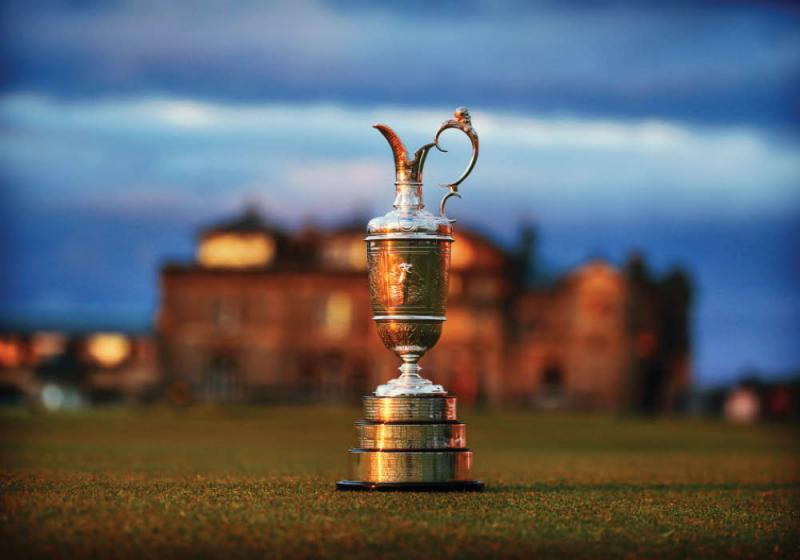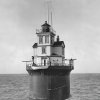When I first started playing golf twenty years ago, I began to take a real interest in professional golf tournaments. I was amazed when I saw my first British Open. I really didn’t know what to expect, especially when I saw a course without trees, fairways surrounded by tall weeds, eight-foot deep holes filled with sand, rolling hills and wind that was often clocked at 30mph on a calm day.
My first thought was, “Why are they playing golf on an abandoned golf course?” I don’t remember the name of the course, but for a brief moment I almost expected to see some Scots dressed in kilts, drinking Scotch and hitting a feathery ball into the wind.
Over the years, I have a greater appreciation for the British Open and the origin of golf in Scotland. I have also grown to love the charm of each “abandoned” course they play on each July.
The tournament we watch today had a humble beginning in 1860, when a group of rich golfers at the Prestwick Golf Club in Scotland decided to take a collection among their membership and have an “elegant” golf trophy made for the first winner and Champion Golfer of Scotland.
Now if you guessed that this trophy was the famed “Claret Jug” (not to be confused with the Stanley Cup), where each one is passed down from generation to generation, you would be incorrect. The first “elegant” trophy was actually a wide, red leather belt with a large silver buckle. It was called the Championship Challenge Belt and was supposed to be passed down from winner to winner each year, but if you won it three years in a row, you could keep the belt.
Now think about this for a moment: A country that is famous for men wearing kilts with no belt loops was giving a belt as top prize. To add another twist, the tournament was CLOSED to amateurs or casual golfers and only professional golfers could compete for the belt (side note: during that time period, professional golfers were caddies, golf instructors, equipment makers or gamblers who won money playing against each other).
The first tournament was played on Oct. 17, 1860 at Prestwick Golf Club and consisted of three rounds on their 12-hole course.
The winner was Willie Park, Sr., a legendary golfer and golf course designer who defeated seven other golfers with a total score of 174 strokes (Park beat “Old Tom” Morris, the favorite by two strokes).
Starting in 1861 and for every year thereafter, the Open Championship as it was now called has allowed amateurs and professionals alike to enter and compete for the top prize. In 1864, prize money (six pounds, along with the belt), was added to the winners share, along with the title “Champion Golfer of the World.”
It wasn’t until 1873 that the organizers of the Open Championship got tired of passing around a belt as the top prize and decided to take up another collection and have another unique trophy manufactured. The Mackay Cunningham Company of Edinburgh created a large cup, which was named the “Championship Cup.”
Since this name seemed somewhat bland and the “Cup” resembled the cups used at the Prestwick Golf Club to drink claret wine, the new nickname for the trophy became the “Claret Jug” (no reference as to how the cup became a jug).
By the way, the first winner of the Claret Jug was Tom Kidd, a caddie from St. Andrews golf club and the most recent was Shane Lowry from Ireland. Today, over 2,000 golfers hope to qualify each year for one of the most prestigious golf tournaments in the world.
19th Hole Trivia
• Irishman Shane Lowry will receive $1.9 million for his (-15 under par) win at the 2019 Open Championship.
• The last American to win The Open (146th) was Jordan Spieth in 2017, at Royal Birkdale.
• The first ever American winner of The Open was Jock Hutchison in 1929 with a winning score of 296 (his winning prize money was about $150 by today’s standards).
• Ben Hogan played only once in the British Open in 1953 and won the event with a total score of 282 and prize money of around $1000 by today’s standards.
















































